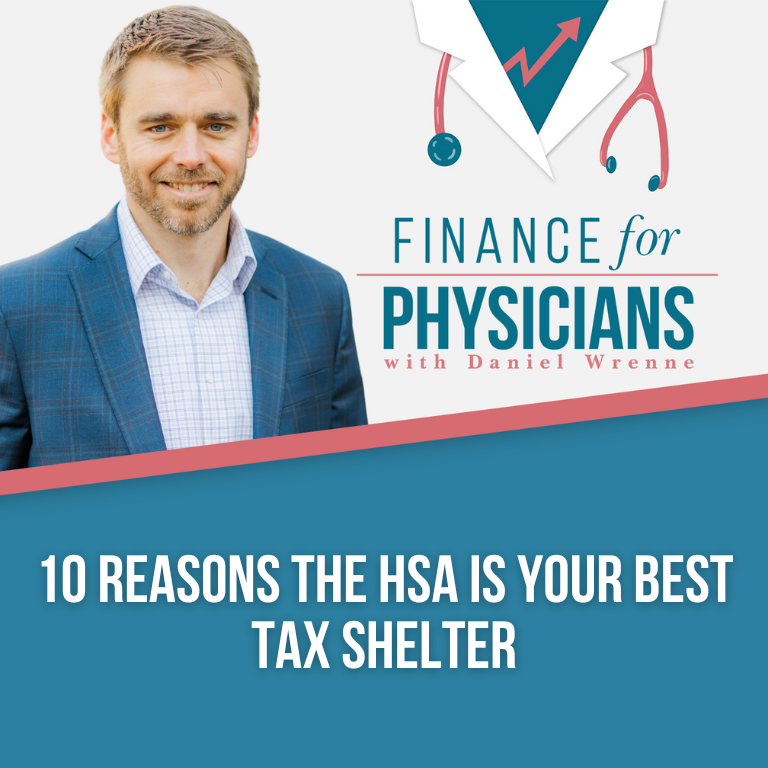Our clients ask us all the time.. “What is an HSA? Should I use it? Why should use it?” This leads us to believe that there is some mystery and confusion surrounding HSA’s and we’re here to clear some of that up, as well as highlight some of the great benefits!
A Health Savings Account (HSA) is a tax-advantaged medical savings account that is generally available to those enrolled in a high-deductible health plan. Money in the account can help pay the deductible, and once the deductible is met, the insurance starts paying. Money left in the HSA account earns interest and is yours to keep! You can find more helpful details here.
Now that we have a basic understanding of an HSA, let’s move on to why it may be a good option for you!:
- 1) You do NOT pay income taxes on contributions made to an HSA!
- 2) Contributions made through your employer’s cafeteria plan also avoid FICA taxes (Social Security and Medicare taxes)
- 3) Any contributions you make to your HSA remain in your account until you use them. There is no “use it or lose it” rule as with some other savings accounts like the FSA
- 4) The interest and earnings in the account are tax free!
- 5) Distributions are also tax free as long as they are used for qualified medical expenses
- 6) Your HSA is “portable” which means it stays with you if you change employers or leave the workforce altogether
- 7) The HSA becomes an IRA-like account when you reach retirement age
- 8) You can contribute to your HSA using prior year maximums if you make the contribution by April 15th of the current year
- 9) Contributions to the HSA reduce your Adjusted Gross Income (AGI). Having a lower AGI will often reduce your student loan Income Based Repayment (IBR) or PAYE payment. This, in turn, reduces the total repayment necessary under the Public Service Loan Forgiveness (PSLF) program
- 10) Most HSA’s allow for the funds to be invested. It’s wise to build up cash in your HSA first. A good rule of thumb is to have enough cash in your HSA to pay your entire underlying health insurance’s max out of pocket
Despite it’s numerous benefits, an HSA may not always be right for you. It is important to always weigh your options and consider your individual situation and circumstances when considering a high deductible plan.
